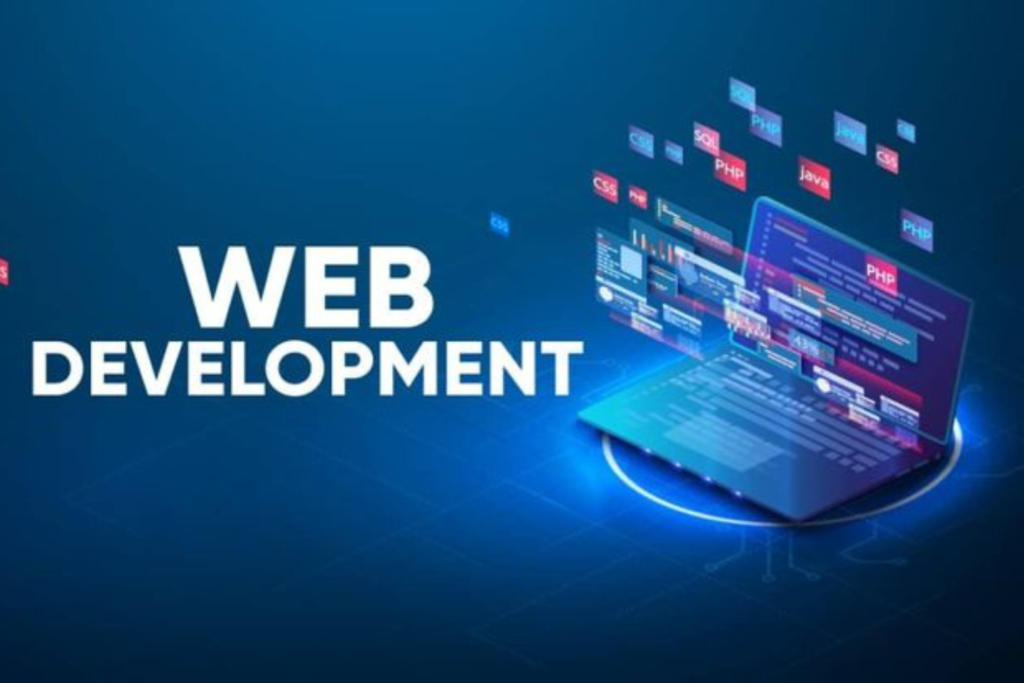In order to allow for the necessary level of site customization, the common tools and resources must be known. It is therefore important to have a clear context of how to incorporate functionality to a site in order to improve users experience. It will help you define the overall design of your web site based on the chosen theme. Fortunately, there is an incredible number of themes you can select for your website, taking into account various preferences and requirements.
WordPress Development for Beginners: A Step-by-Step Roadmap to Success
While starting with WordPress development means having a ton of work in front of you, with a clear plan, success is only a few steps away. First, familiarize yourself with the fundamental components: which are based on the WordPress theme and plugins. A developer should be able to understand how to apply different themes in order to design an out of the ordinary site. Knowledge of PHP is important since it forms the core of the WordPress architecture; it has to be able to manipulate themes and plugins well. The several resources available for developers including tutorials, forums and documents should be used by the learners. Try out favorite plugins to find out additional performance and start to develop your own after that. As you go through each method, to the installation of plugin, the management of template and the styling of your theme you will establish a good base on which to build your career as a WordPress developer.
Advanced WordPress Development Tips Every Beginner and Professional Should Know
To enhance your WordPress site, understanding advanced techniques is crucial for both beginners and professionals. Start by exploring the block editor, which allows you to create dynamic content layouts without extensive coding knowledge. Familiarizing yourself with the latest WordPress software updates ensures that your site is secure and optimized. Additionally, make use of various developer resources to learn about custom post types, enabling you to manage diverse content effectively. When looking to customize your themes, leverage child themes to ensure your changes are preserved during updates. Finally, consider implementing performance optimization techniques, such as caching and image compression, to improve loading times. By mastering these advanced tips, you can create a more robust and efficient WordPress site that stands out.
Essential Plugins for WordPress Development: From Beginner to Professional
Choosing the right plugins is vital for building a successful WordPress site. For beginners, plugins like Elementor or Beaver Builder make it easy to use the block editor for customizing layouts without extensive coding skills. As you advance, consider plugins like Advanced Custom Fields to extend the capabilities of your site and allow you to customize content types easily. For performance, plugins such as WP Super Cache can help optimize loading speeds, making your WordPress site more efficient. Leverage various developer resources to explore the latest and most effective plugins that enhance functionality. As you develop your skills, ensure that the plugins you choose align with modern WordPress practices, providing a secure and user-friendly experience for your audience.
WordPress Development Best Practices: A Beginner’s Guide with Professional Insights
Studying best practices or rather best practices in WordPress plugin and theme development remains crucial in becoming a Word Press developer. First, you need to create one that is a local server so that any changes made can be tested without having an impact on the live site. Check out the official WordPress coding standards to which your code should conform to to maximize efficiency and readability. At the same time, when starting plugin development, it is essential to aim at building new solutions that will offer added value to the users and the sites. Take advantage of versioning tools such as GIT in tracking changes and dealing with other developers. Learning how to construct new post type and taxonomy will help you add more flexibility to your current content management system. With such practices, you would be armed to build good WordPress sites that can easily grow to other extents.
Mastering WordPress Development: Tools and Resources for Every Beginner and Professional
As a WordPress developer in 2024, mastering the right tools and resources is essential for success. WordPress is popular due to its versatility, and knowing how to leverage it can significantly enhance your projects. For those getting started, begin by exploring essential plugins and themes that simplify the development process. To truly understand how WordPress to build custom sites, familiarize yourself with the block editor and learn basic HTML, CSS, and PHP. Utilize online tutorials, forums, and official documentation to enhance your skills and stay updated on the latest trends, as WordPress is so popular that it constantly evolves. By integrating these tools and resources, you’ll be equipped to create high-quality, dynamic websites that cater to diverse needs.
Scaling WordPress Development: From Beginner Techniques to Professional Mastery
Scaling your WordPress development skills involves leveraging helpful resources that guide you from beginner techniques to professional mastery. Start by exploring sites with WordPress tutorials that offer insights into the process of creating effective websites. Understanding the theme system allows you to customize your site’s appearance and functionality effectively. To add the functionality you want to add, utilize plugins that enhance user experience and site performance. Tools like Advanced Custom Fields can help you run a wide range of custom features on your existing site. Additionally, resources including a code reference are invaluable for troubleshooting and improving your coding skills. As you progress, developers can work on more complex projects, ensuring you’re always challenged and growing in your craft.


